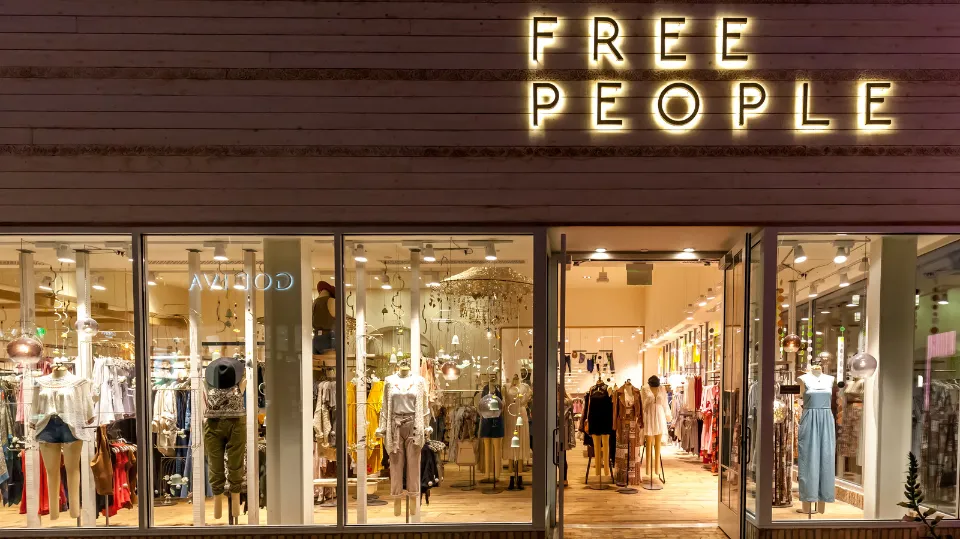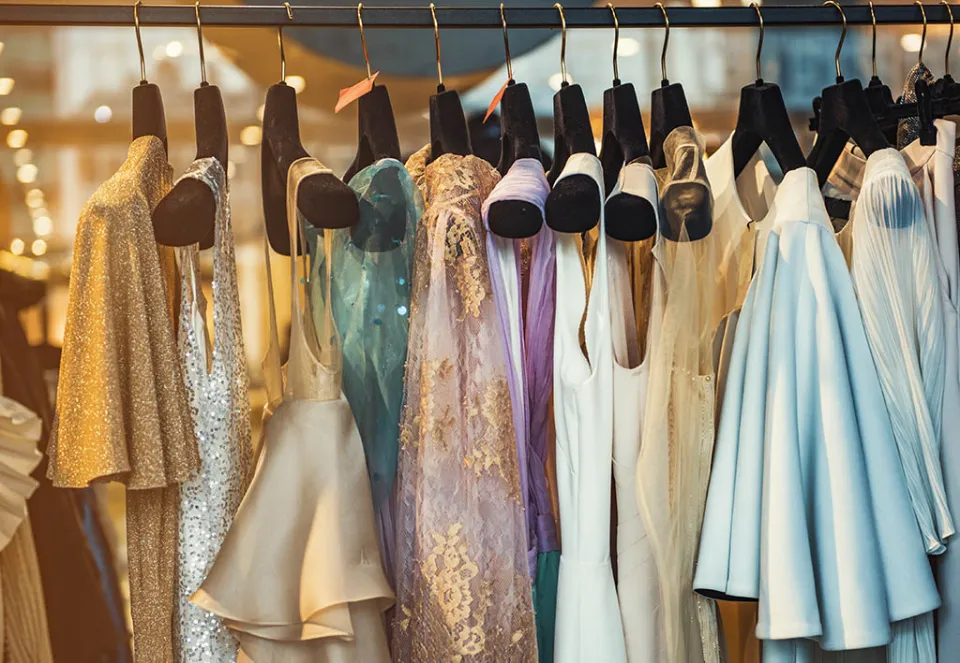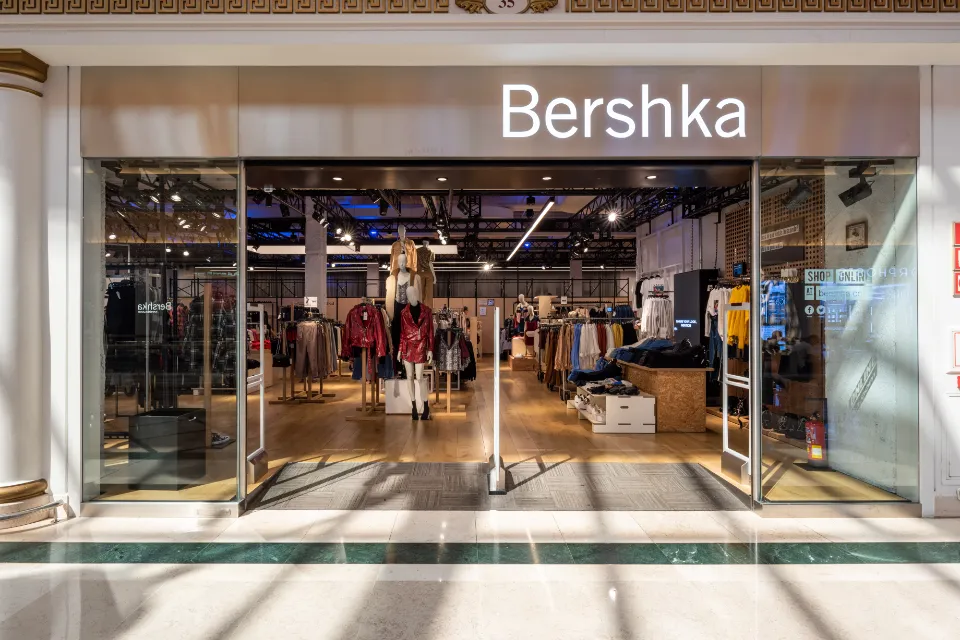Many people believe Free People is an ethical brand because it sells lovely bohemian clothing at a high price. But is Free People ethical?
Unfortunately, as a fast fashion clothing retailer, Free People can not yet be considered an ethical brand.
I’ll go into great detail about their sustainability and ethics in this post and provide some substitute brands that have a better track record. Learn more by reading on.
What is Free People?
Dick Hayne launched Free People in the 1970s. Young people should be able to be proud of the bohemian clothing styles that he wanted to offer them.
Today, Urban Outfitters and Anthropologie are owned by URBN, which also owns Free People. They target smart, creative, and confident young women for their marketing.
Read More: Does Free People Run Small?
Is Free People Ethical?
You might be aware of the numerous controversies that Free People were involved in around five years ago, during which they were repeatedly accused of cultural appropriation.
For trivializing and creating costumes that appropriate Native American culture, the brand has received criticism on numerous occasions. It had previously gotten into trouble for publishing a dreadlock tutorial.
Another charge against Free People was design theft from a freelancer.
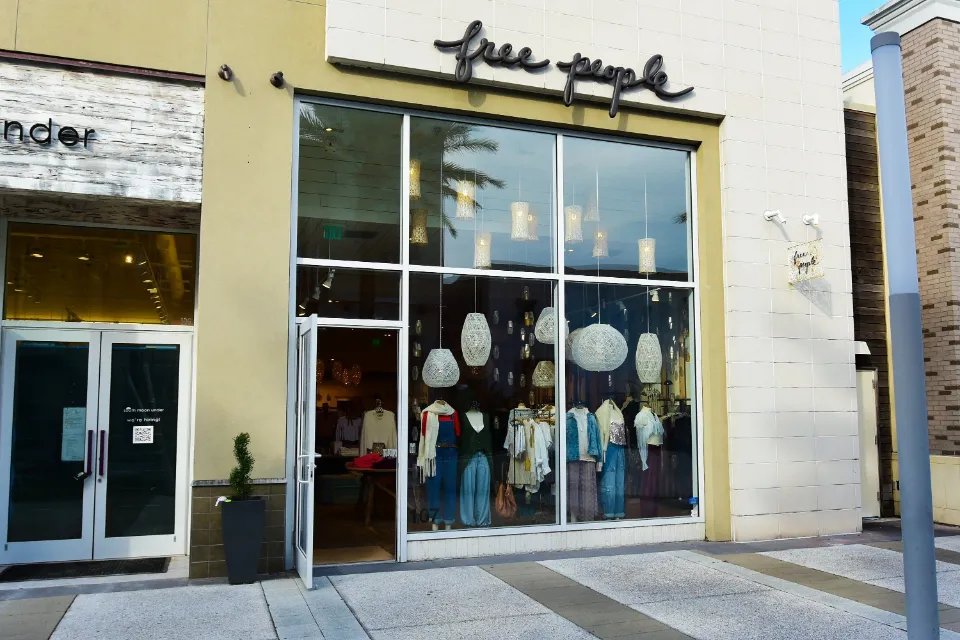
Along with these scandals, its parent company, URBN, only received a 11–20% rating on the Fashion Transparency Index.
As a result, despite having a list of suppliers that is publicly available and an ethical policy that complies with the California Transparency in Supply Chains Act, which forbids the use of child labor and discrimination, there is no information or proof that this company is adhering to this policy or paying its workers a living wage.
Read More:
- Is Nasty Gal Ethical?
- Is Everlane Ethical?
- Is Patagonia Ethical?
- Is Forever 21 Ethical?
- Is Fashion Nova Ethical?
- Is Urban Outfitters Ethical?
Is Free People Sustainable?
Free People is not sustainable, which is shocking given the price tag attached to most of its items. When browsing the website, I noticed that many of the dresses cost more than $100, the majority of the tops cost between $38 and over $100, and the majority of the pants cost close to or more than $100.
When prices are absurdly low, it is usually a dead giveaway that a brand is not viable. We must delve a little deeper into the business’s procedures since that is not the case in this instance.
For more information about Free People, please check our Free People Reviews.
Where Are Free Peoples Clothes Made?
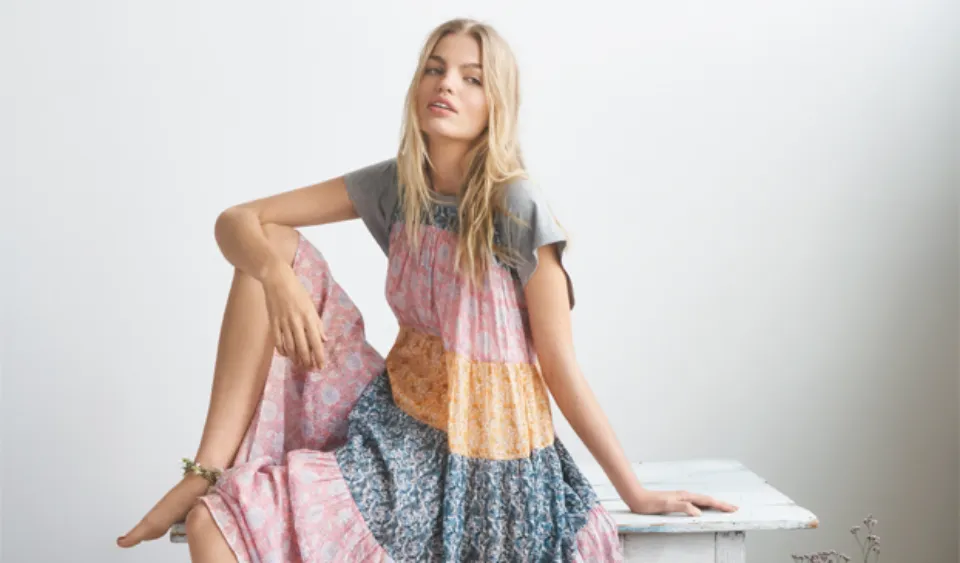
Although the Free People brand gives no direct information on their website, their parent company Tier 1 and Tier 2 suppliers that URBN uses throughout its entire supply chain are listed on their website.
The majority of the factories they collaborate with are located in China, Vietnam, and India. The company, however, does not disclose any additional information regarding itself or the working conditions of its garment workers. The full list of URBN suppliers is available here for review and download.
Related Post: Where Are Free People Clothes Made?
Free People Environmental Impact
While Free People has made some progress when it comes to reducing its impact on the planet, there is still room for improvement, which is why its environmental rating is “Not Good Enough”.
The parent company of Free People, URBN, has taken some action to reduce its portfolio’s overall carbon footprint. The use of reusable shopping bags, LED lighting in stores, increased fuel efficiency in transportation, and the installation of renewable energy as part of the brand’s direct operations are a few examples. Recycled materials are among the eco-friendly ones that Free People uses.
However, we couldn’t find any proof that the company’s supply chain reduces carbon and other greenhouse gas emissions. Additionally, there is no proof that it manages water use or wastewater or that it is taking sufficient action to address hazardous chemicals in production.
The brand has the potential to use more eco-friendly materials, but its reliance on the fast fashion business model ultimately makes it unsustainable.
It’s difficult to see how Free People can become more eco-friendly without adopting a different business model given that they follow fads and produce vast quantities of resource-intensive clothing.
Free People Labor Conditions
We also rated Free People‘s impact on people “Not Good Enough”. To begin with, there are no labor standards that guarantee worker health and safety, living wages, or other labor rights in any of Free People’s supply chains.
According to the Fashion Transparency Index, the brand scored between 11 and 20 percent, indicating that it needs to be more open about its methods.
Free People states on its website that suppliers are required to operate legally.
This includes refraining from using child or slave labor, racial discrimination, and noncompliance with labor laws pertaining to wages and hours as well as laws pertaining to health, safety, and the environment. On the other hand, there is no proof that employees are paid a living wage.
Even though Free People claims that some of its supply chain is audited independently, including through the use of surprise audits, it is not clear how frequently or which portion of the supply chain is audited.
Furthermore, the company probably makes some information about its supplier audits and policies public, but it doesn’t make a list of its suppliers or disclose information about forced labor, gender equality, or freedom of association. If a brand is unable to track every link in its supply chain, the welfare of workers cannot be guaranteed.
Last but not least, Free People doesn’t disclose any safeguards or policies in place to shield its supply chain’s vendors and workers from the effects of COVID-19.
Free People Animal Welfare
Free People has been angora-free as of 2016, but they still use leather, wool, and lambskin (in very few cases recycled). The treatment of the sheep is not disclosed for the wool.
The tanning procedure, which can involve hazardous chemicals, is not disclosed for leather and lambskin. However, leather actually boosts the meat industry’s profit margins and is more of a coproduct than a byproduct, despite the fact that some people may view it as such.
Free People has pledged to donate $100,000 to the Best Friend Animal Society as part of their partnership to promote awareness for animals in shelters.
Even more ambiguous is how they plan to carry out their promise to prevent the slaughter of all shelter animals in the US by 2025. Using animal products from what appear to be inhumane processes while discussing the preservation of shelter animals is also a little odd.
Free People Social Responsibility
Free People partners with some non-profits, including the aforementioned Girls, Inc. and the National Park Foundation., which is dedicated to helping girls overcome economic, gender, and social barriers. They claim that 1% of each FP Movement purchase goes toward supporting Girls, Inc. Additionally, they gave out activewear to more than 13,000 members of Girls, Inc.
However, it’s not clear how much money is being given specifically to these causes.
Final Words: Is Free People Ethical
While Free People mention a lot of good things, we encourage the company to create a code of conduct or code of ethics for more accountability.
For now, they are moving in the right direction with the efforts they have made since pledging to adopt more moral and ethical practices in 2019.
Any company you’re thinking about purchasing from should be the subject of your own research. Our choice to support companies that choose to be ethical will encourage more companies to implement ethical practices.
FAQs
Where Are Free People Clothes Manufactured?
Most of the clothing sold by Free People is produced in India.
Is Free People a Good Brand?
Yes. Free People is a good clothing brand that offers comfortable, trendy, versatile pieces that look great on most body types.
Is Free People Fast Fashion?
They do follow the fast fashion model.

